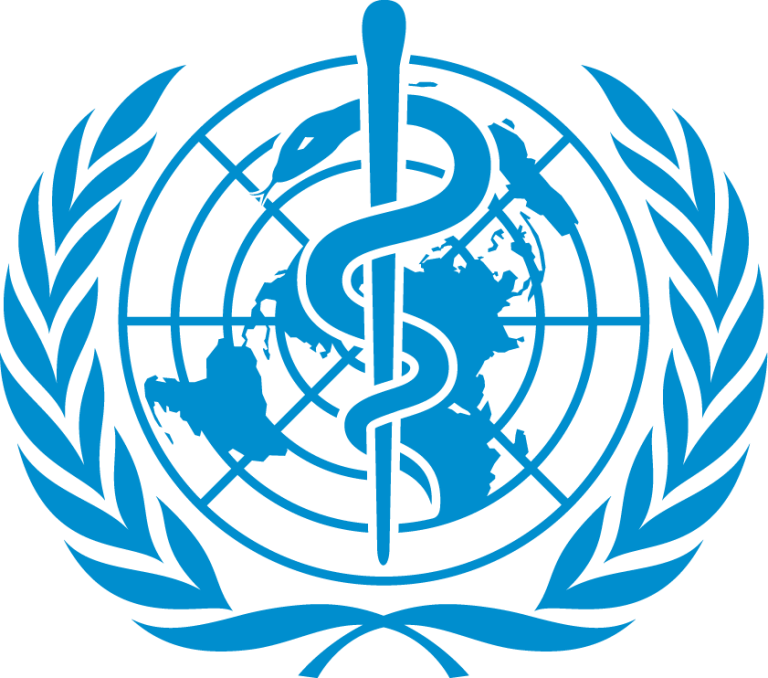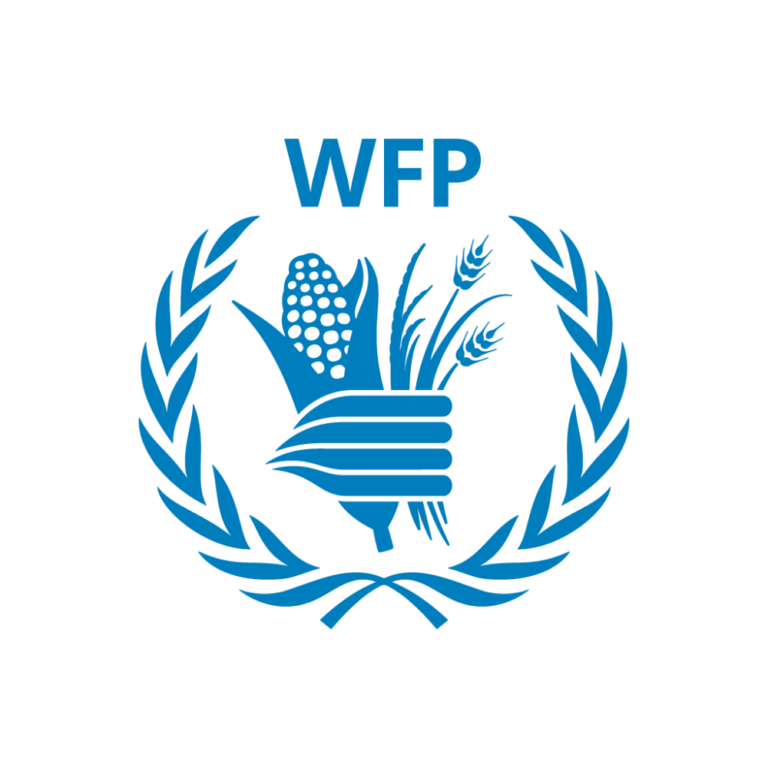IMPORTANT NOTICE: Please note that the deadline for receipt of applications indicated above reflects your personal device’s system settings.
WHO Policy for Fast Track procedures for Emergencies
OBJECTIVES OF THE PROGRAMME
To ensure that effective WHO country presence is established to implement WHO country cooperation strategies that are aligned with Member State’s health and development agendas, and harmonized with the United Nations country teams.
The incumbent will advise country-office leadership, at national and subregional levels, on assessed operational, political, programme, and reputational risks facing the country office(s), including compliance with regulatory organizational systems. The incumbent will provide proposals, measures and guidance to mitigate risks and ensure the accountability, transparency and compliance of the office(s) with WHO administrative rules and regulations.
DESCRIPTION OF DUTIES
The incumbent will perform all or part of the following, and other related responsibilities as required by the needs of the office:
- Work in coordination with, and under the technical guidance of functional units and departments at headquarters and regional levels, under the supervision of the head of the WHO office.
- Manage and deliver consistent, high quality, and professional, risk- and compliance-based country-office assessments, including of the managerial Key Performance Indicators. Provide inter-country analyses, with trends and emerging risks.
- Determine office compliance with WHO rules, regulations, and procedures, including the optimal use of resources, in line with global compliance programmes.
- Present on a scheduled basis to head of the WHO office and senior management the analyses, reports, and results of the systematic assessments of risks and issues of non-compliance in the country offices, with actionable recommendations.
- Guide country office leadership in the assigned country offices on integrating risk management into decision-making, programme design and planning, monitoring, evaluation, reporting and contingency activities.
- Identify constraints to transactional compliance and recommend corrective strategies, approaches, or measures including facilitating organizational support.
- Propose innovative solutions for business strategy, risk management and compliance challenges grounded in regulatory expertise.
- Guide the head of the WHO office to implement internal and external audit recommendations and follow up on open findings and recommendations.
- Propose measures, policies, and procedures, to enhance the performance and effectiveness of WHO’s risk management and compliance programme.
- Promote a country-office culture of risk awareness, accountability and compliance in programme and administration through education, training, and knowledge generation, adapting corporate tools.
- Operationalize measures and tools to mitigate organizational risk and enhance compliance with accountability frameworks in emergency settings.
- In collaboration with the Compliance and Risk Management network, propose enhancements to the risk management accountability frameworks.
- Contribute to the development of corporate training tools, policies, procedures, and knowledge products on compliance and risk management.
- Perform other related duties as required.
REQUIRED QUALIFICATIONS
Education
Essential:
Advanced university degree (master’s level or above) in a relevant field (such as business or public administration, law, finance, economics, accounting).
Desirable:
Training or certification in risk management or a related discipline
Experience
Essential:
A minimum of seven years of work experience relevant to the position (general management, oversight and/ or managing internal control or accountability frameworks and related monitoring processes and systems in complex public and private-sector organizations), with some of it obtained in an international work environment.
Desirable:
Demonstrated experience in implementing risk management and internal control frameworks within the UN system or in the private sector.
Skills
- Implementation and/or monitoring of accountability frameworks in WHO or other international organizations.
- Implementation of measures, tools or systems to address deficiencies in risk management and compliance systems.
- Statistical analysis tools and techniques.
- Implementing creative responses or solutions to identified programme or operational risks, particularly in emergency settings.
- Ability to extract and analyse all relevant types of evidence and to draw reasonable inferences and conclusions.
- Design, implementation or management of risk assessment/risk management and/or compliance tools or systems for international organizations.
- Strong verbal and written communication and training skills
- Strong interpersonal skills and a collaborative work style.
WHO Competencies
WHO global Competencies model at http://www.who.int/employment/WHO_competencies_EN.pdf?ua=1
Teamwork
Respecting and promoting individual and cultural differences
Communication
Building and promoting partnerships across the organization and beyond
Ensuring the effective use of resources
Creating an empowering and motivating environment
Use of Language Skills
Excellent knowledge of English. Working knowledge of another WHO official language would be an asset.
Other Skills (e.g. IT)
Proficiency in computers and office software packages, handling of web-based management systems, enterprise resource planning (ERP) systems and Cloud Management Enterprise System such as Workday.
REMUNERATION
WHO salaries for staff in the Professional category are calculated in US dollars. The remuneration for the above position comprises an annual base salary starting at USD 75,602 (subject to mandatory deductions for pension contributions and health insurance, as applicable), a variable post adjustment, which reflects the cost of living in a particular duty station, and currently amounts to USD 2621 per month for the duty station indicated above. Other benefits include 30 days of annual leave, allowances for dependent family members, home leave, and an education grant for dependent children.
ADDITIONAL INFORMATION
- This vacancy notice may be used to fill other similar positions at the same grade level
- Only candidates under serious consideration will be contacted.
- A written test and/or an asynchronous video assessment may be used as a form of screening.
- In the event that your candidature is retained for an interview, you will be required to provide, in advance, a scanned copy of the degree(s)/diploma(s)/certificate(s) required for this position. WHO only considers higher educational qualifications obtained from an institution accredited/recognized in the World Higher Education Database (WHED), a list updated by the International Association of Universities (IAU)/United Nations Educational, Scientific and Cultural Organization (UNESCO). The list can be accessed through the link: http://www.whed.net/. Some professional certificates may not appear in the WHED and will require individual review.
- According to article 101, paragraph 3, of the Charter of the United Nations, the paramount consideration in the employment of the staff is the necessity of securing the highest standards of efficiency, competence, and integrity. Due regard will be paid to the importance of recruiting the staff on as wide a geographical basis as possible.
- Any appointment/extension of appointment is subject to WHO Staff Regulations, Staff Rules and Manual.
- Staff members in other duty stations are encouraged to apply.
- The WHO is committed to creating a diverse and inclusive environment of mutual respect. The WHO recruits and employs staff regardless of disability status, sex, gender identity, sexual orientation, language, race, marital status, religious, cultural, ethnic and socio-economic backgrounds, or any other personal characteristics.
- The WHO is committed to achieving gender parity and geographical diversity in its staff. Women, persons with disabilities, and nationals of unrepresented and underrepresented Member States (
https://www.who.int/careers/diversity-equity-and-inclusion
- ) are strongly encouraged to apply.
- Persons with disabilities can request reasonable accommodations to enable participation in the recruitment process. Requests for reasonable accommodation should be sent through an email to
reasonableaccommodation@who.int
- An impeccable record for integrity and professional ethical standards is essential. WHO prides itself on a workforce that adheres to the highest ethical and professional standards and that is committed to put the WHO Values Charter into practice.
- WHO has zero tolerance towards sexual exploitation and abuse (SEA), sexual harassment and other types of abusive conduct (i.e., discrimination, abuse of authority and harassment). All members of the WHO workforce have a role to play in promoting a safe and respectful workplace and should report to WHO any actual or suspected cases of SEA, sexual harassment and other types of abusive conduct. To ensure that individuals with a substantiated history of SEA, sexual harassment or other types of abusive conduct are not hired by the Organization, WHO will conduct a background verification of final candidates.
- Mobility is a condition of international professional employment with WHO and an underlying premise of the international civil service. Candidates appointed to an international post with WHO are subject to mobility and may be assigned to any activity or duty station of the Organization throughout the world.
- WHO also offers wide range of benefits to staff, including parental leave and attractive flexible work arrangements to help promote a healthy work-life balance and to allow all staff members to express and develop their talents fully.
- The statutory retirement age for staff appointments is 65 years. For external applicants, only those who are expected to complete the term of appointment will normally be considered.
- Please note that WHO’s contracts are conditional on members of the workforce confirming that they are vaccinated as required by WHO before undertaking a WHO assignment, except where a medical condition does not allow such vaccination, as certified by the WHO Staff Health and Wellbeing Services (SHW). The successful candidate will be asked to provide relevant evidence related to this condition. A copy of the updated vaccination card must be shared with WHO medical service in the medical clearance process. Please note that certain countries require proof of specific vaccinations for entry or exit. For example, official proof /certification of yellow fever vaccination is required to enter many countries. Country-specific vaccine recommendations can be found on the WHO international travel and Staff Health and Wellbeing website. For vaccination-related queries please directly contact SHW directly at shws@who.int.
- WHO has a smoke-free environment and does not recruit smokers or users of any form of tobacco.
- For information on WHO’s operations please visit: http://www.who.int.
- In case the website does not display properly, please retry by: (i) checking that you have the latest version of the browser installed (Chrome, Edge or Firefox); (ii) clearing your browser history and opening the site in a new browser (not a new tab within the same browser); or (iii) retry accessing the website using Mozilla Firefox browser or using another device. Click this link for detailed guidance on completing job applications: Instructions for candidates


















